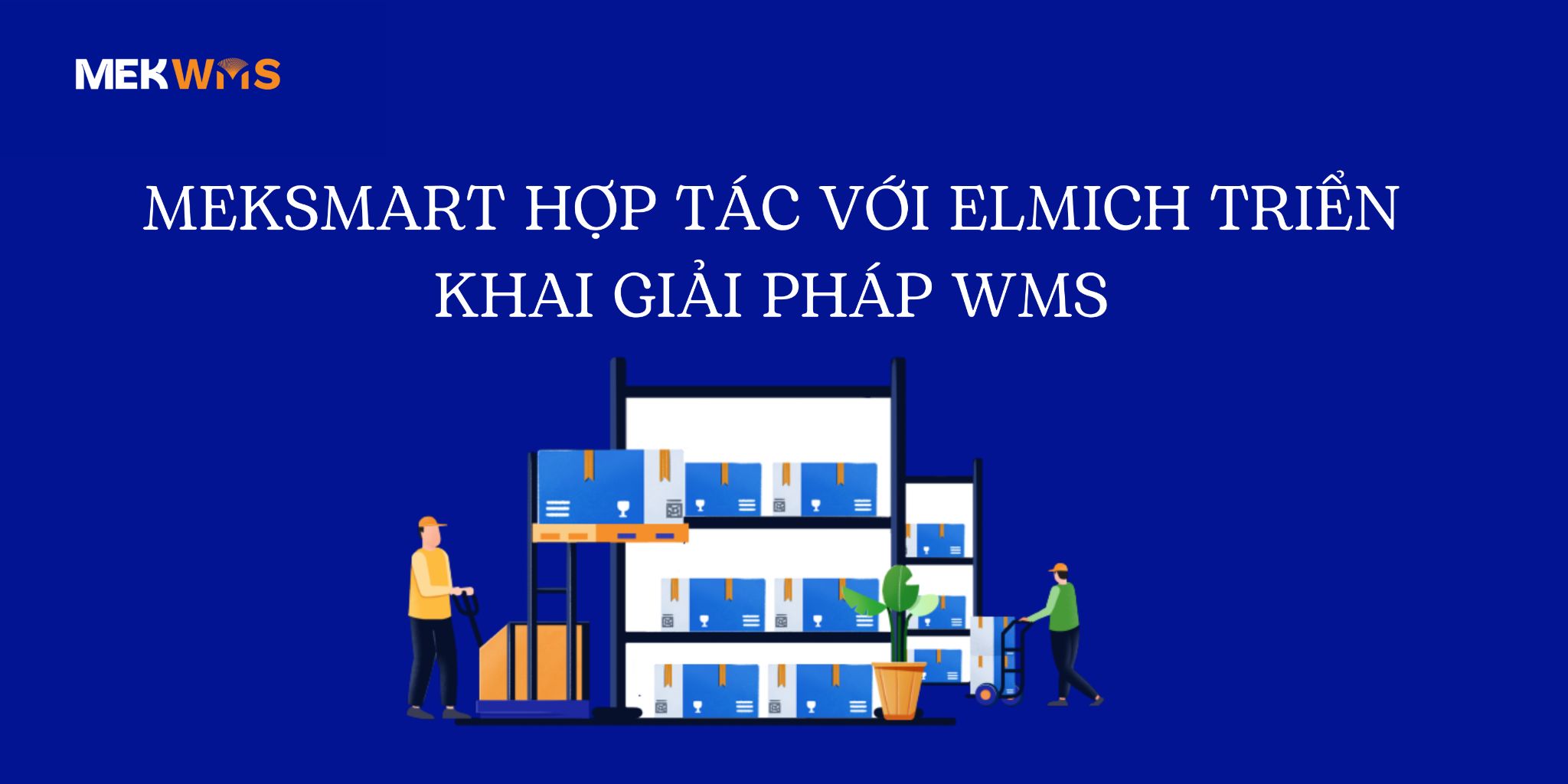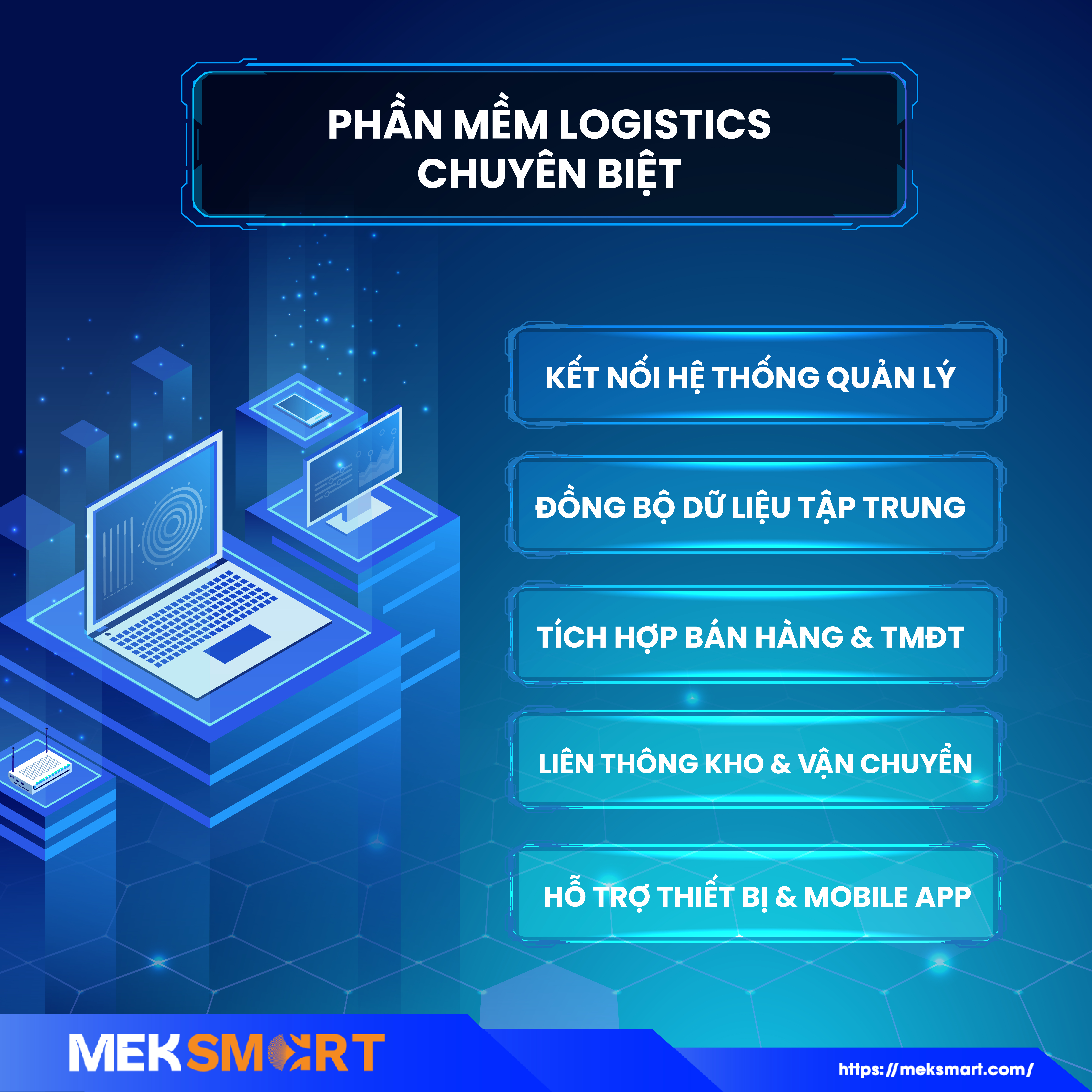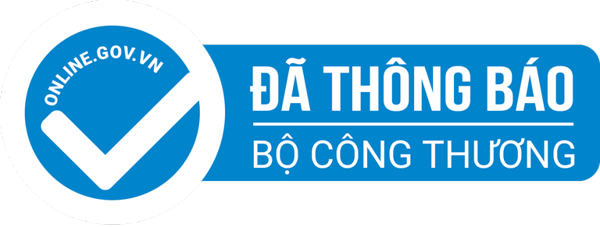MEKSMART
GENERAL NEWS
Author:
Update: 30/11/2022
STARTUPS AI APP TO SOLVE SUPPLY CHAIN
Artificial intelligence helps logistics businesses respond promptly to supply chain disruptions and monitor the status of goods and raw materials.
Over the past few years, the global supply chain has been disturbed by a series of events such as Brexit, the Covid-19 epidemic, the blockage of the Suez Canal to the war in Ukraine.
To cope with these difficulties, many startups in the logistics field were born and became billion-dollar businesses thanks to the application of information technology.
Interos, Fero Labs, and KlearNow are typical names when applying artificial intelligence (AI) and other advanced technologies to help manufacturers and customers respond promptly to faults. supply chain, and track the availability of goods and raw materials.
Interos, which was valued at more than $1 billion in its most recent funding round, is one of the most successful companies in its field. The Arlington, Virginia (USA)-based company says it has mapped 400 million businesses globally and uses machine learning to monitor instead of humans, giving immediate warnings in the event of a fire. , flood, cyber attack, or any other event that has the potential to cause a supply chain disruption.
Before Russian tanks entered Ukraine in February, Interos assessed the impact of a conflict. The company said it has identified about 500 US businesses that have direct supply relationships with focal points in Ukraine. More specifically, Interos also discovered 20,000 US companies have links with tier-2 suppliers and 100,000 companies have links with tier-3 suppliers in the Eastern European country.

Jennifer Bisceglie, CEO of Interos, said that after the war in Ukraine broke out, 700 companies approached her business for help in assessing their exposure to suppliers. in Ukraine and Russia.
She also shared that the company is developing a new product to solve other hypothetical situations of supply chain disruption, such as the issue between China and the island of Taiwan, so that customers understand the extent of the disruption. the level of risk they may face and where to find alternative providers.
Or as the case of EED Foods, an enterprise specializing in importing confectionery and smoked meats from the Czech Republic and Slovakia for foreign customers in the UK said before the Brexit event, the company was very fear of closing.
However, the situation completely changed after EEF Foods approached KlearNow, a US-based business that provides a platform to automate the processes of customs clearance and document handling.
The KlearNow platform has helped the company track hundreds of shipments from Central European countries, tally thousands of items in total, and handle errors in documents such as country of origin, gross net weight, and supply. entry number for the company to ship to the UK.
Elena Ostrerova, purchasing director of EED Foods, said her company is still growing at an annual rate of 40% after Brexit takes effect in early 2020, partly due to a number of competitors. The competition gave up instead of dealing with the cumbersome paperwork to import from the European Union.
"We have reduced the labor force, and that helps the company save a lot of time and costs compared to entering data manually", Ms. Ostrerova shared.
Mr. Berk Birand, CEO of Fero Labs, said that the Covid-19 pandemic has highlighted the need for manufacturers to adapt to different suppliers and different origins of raw materials.
In response to this need, Feros Labs' platform uses machine learning to track and calculate how raw materials from different suppliers affect product quality, from various impurities. in steel or material of coated surfaces. The system then communicates with plant engineers to adjust production processes to maintain product consistency.
Dave DeWalt, the founder of venture capital firm NightDragon, which invested $100 million in Interos' Series C funding round last year, said regulators will be increasingly concerned with chain risk. supply.
Analysts say the market for technology services supporting the supply chain could reach more than 20 billion USD per year within the next 5 years. By 2025, more than 80% of supply chain applications will use AI and data science, according to a forecast by analytics firm Gartner.
Source: vnexpress






